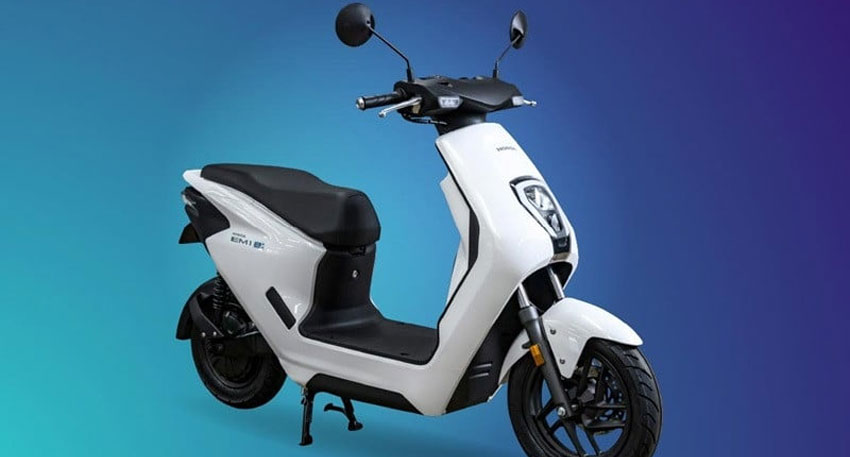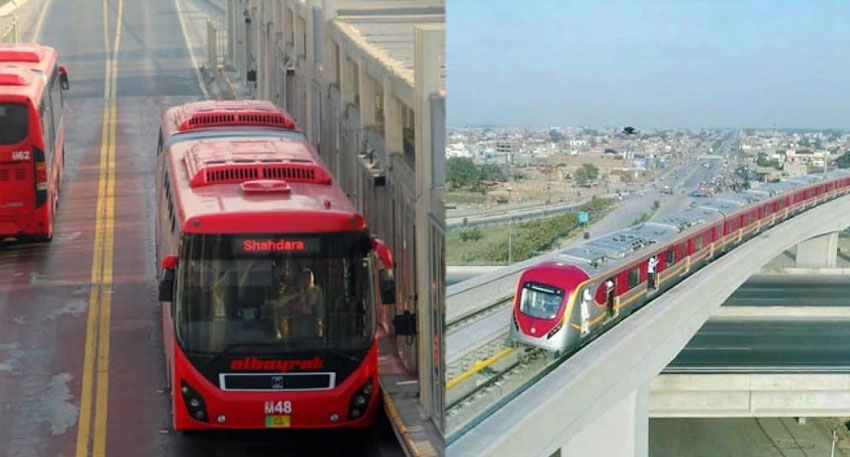
Under the initiative, the government plans to distribute a total of 116,000 electric bikes and 3,170 electric rickshaws/loaders in two phases. The first phase will launch with 40,000 bikes and 1,000 rickshaws, followed by the remainder in a subsequent phase.
Top-performing students at public colleges will also receive e-bikes free of charge.
Program highlights include:
· Loans (Islamic and conventional) up to Rs200,000 for e-bikes and Rs880,000 for e-rickshaws/loaders.
· Borrowers enjoy zero markup: the government covers all interest costs.
· Equity structured at 80% debt: 20% equity, with govt equity contributions of Rs50,000 (bike) or Rs 200,000 (rickshaw) and a 20% first-loss portfolio guarantee.
· Age eligibility: e-bikes (18–65 years), rickshaws/loaders (21–65 years).
· Nationwide access including Azad Jammu & Kashmir and Gilgit-Baltistan.
Fair Quotas & Inclusive Access
· Provincial quotas are based on the 2023 census, with 10% quota reserved for Balochistan (reduced Sindh & Punjab shares).
· Within the e-bike category: 25% reserved for women, up to 10% for commercial users (e.g., couriers).
· For rickshaws/loaders: individuals prioritized; fleet operators may access up to 30% of quota.
· One vehicle per applicant; fleet operator allowances determined by the steering committee.
Also Read: Government approves electric bike scheme
Who Can Apply?
This inclusive scheme is open to all Pakistani citizens across Punjab, Sindh, Khyber Pakhtunkhwa, Balochistan, Gilgit-Baltistan, and AJK, subject to age restrictions:
· Bikes will be given to citizens aged 18 to 65.
· While rickshaws/loaders will be given to citizens aged 21 to 65.
· At the time of application or delivery, citizens must have a valid CNIC and a learner’s permit or driving license.
Other key participation requirements:
· Each person can receive only one vehicle.
· Women: At least 25% of bike quotas reserved.
· Commercial riders (e.g., couriers): Up to 10% reserved for bikes.
· Rickshaw/loaders: Priority to individuals; up to 30% quota allocated to fleet operators under steering committee guidelines.
· Provincial quotas based on 2023 census; 10% quota reserved for Balochistan by adjusting Sindh and Punjab allocations.
Applications through a fully digital platform—from registration to balloting and subsidy tracking. If applications exceed provincial quotas, electronic balloting will determine recipients.
Only EDB-shortlisted manufacturers and models meeting quality, performance, and safety criteria will be offered. To foster competitive value, consumers can choose from approved brands. Third-party audits will be undergone by the program, which will complement oversight by the Auditor General.
This scheme forms part of the broader National Electric Vehicle (NEV) Policy 2025–30, which aims to ensure that 30% of all new vehicles sold by 2030 are electric.
The target of the policy is to save 2.07–2.7 billion litres of petrol annually, equivalent to roughly $1 billion in foreign exchange savings, and to cut 4–4.5 billion tonnes in carbon emissions per year is the aim of the policy.
The initiative will also build charging infrastructure, including 40 motorway stations, battery-swapping, and V2G systems; and aims to boost domestic EV production, with 90% localization in two/three-wheelers.
With zero-interest loans, gender-inclusive quotas, and digital transparency, the Electric Bike & Rickshaw Subsidy Scheme reflects a citizen-first approach.


